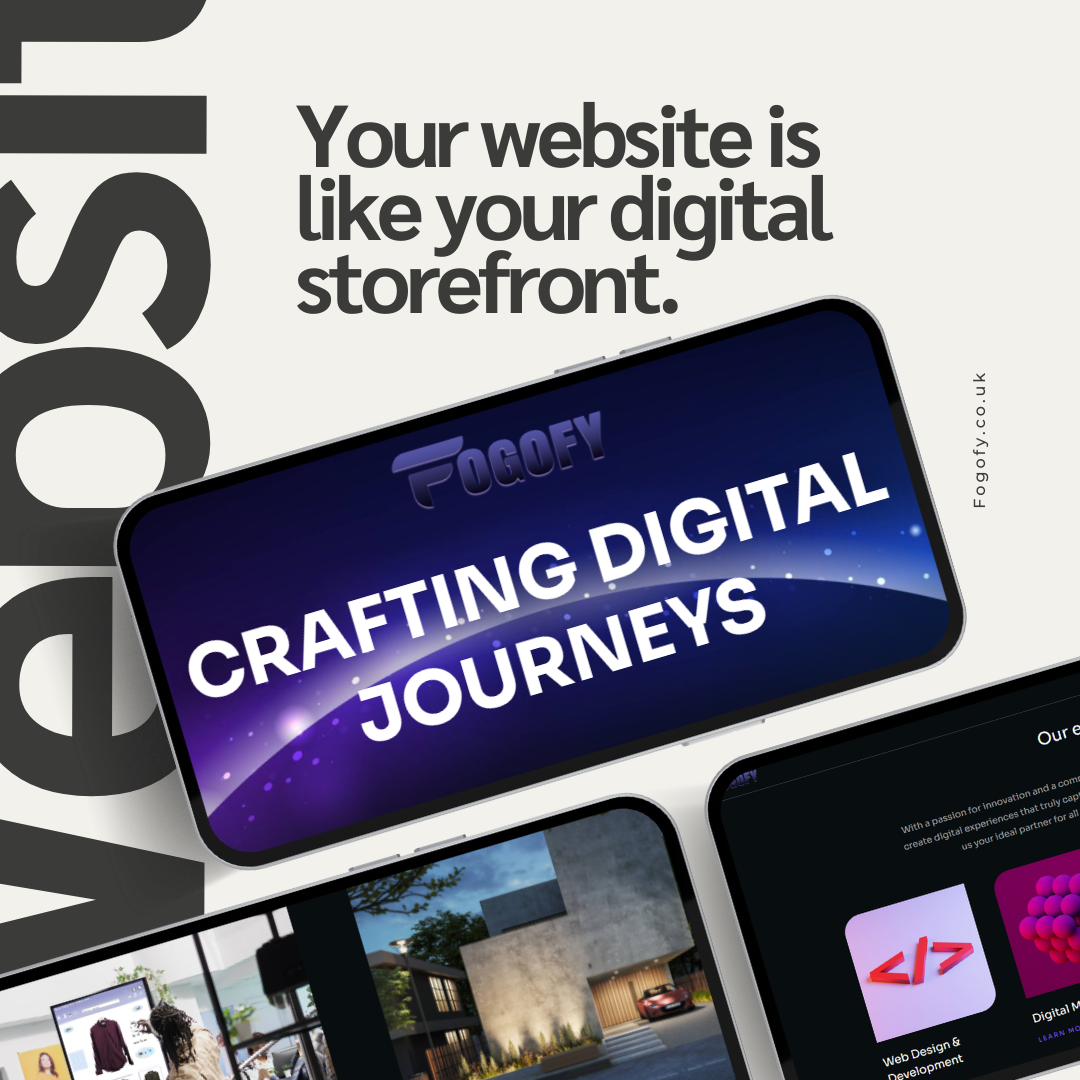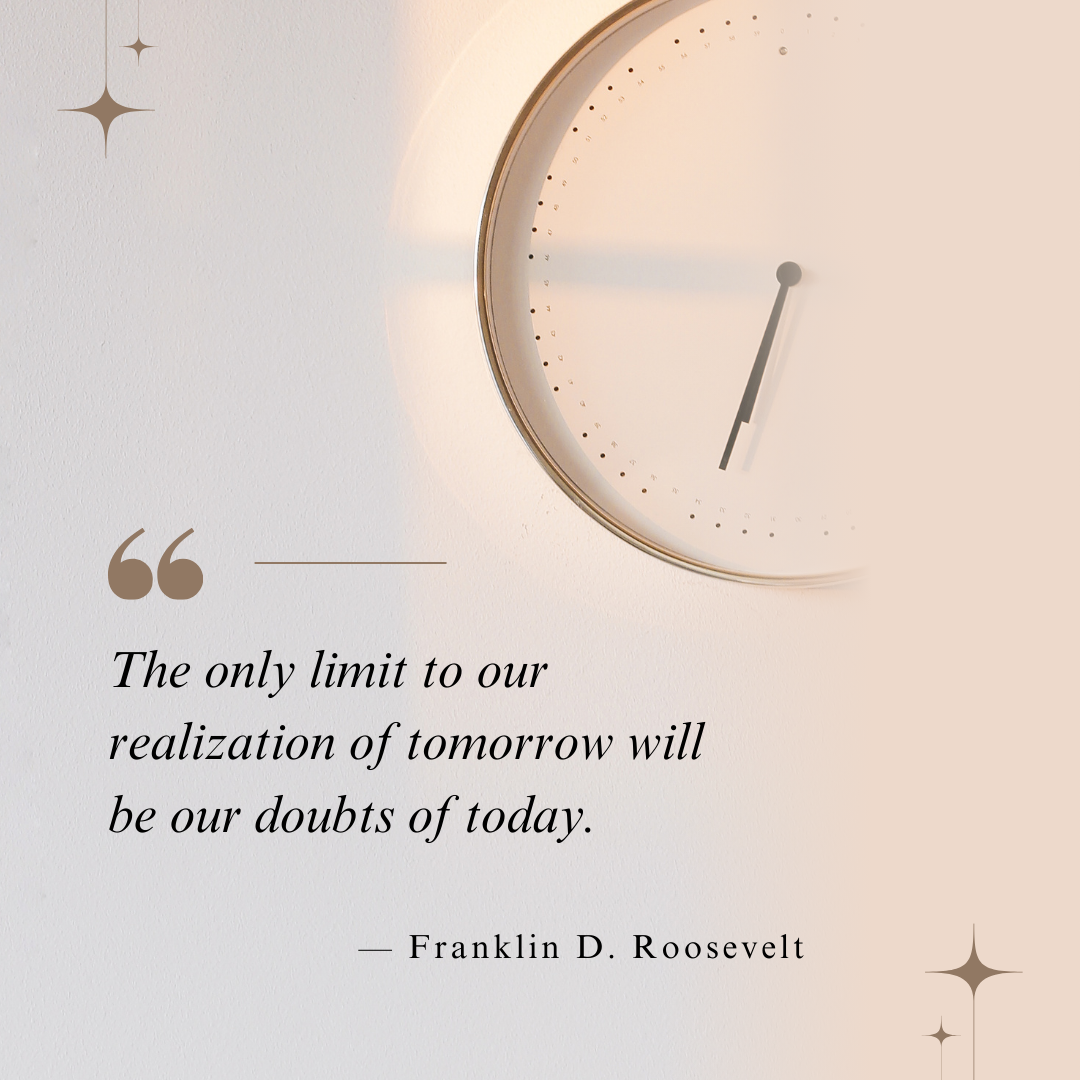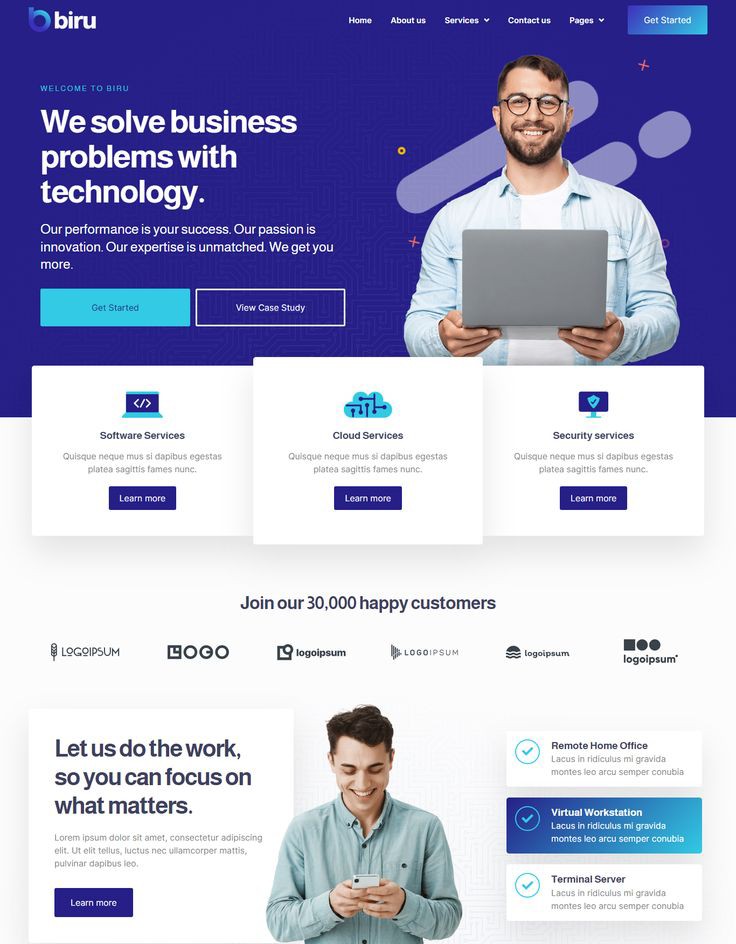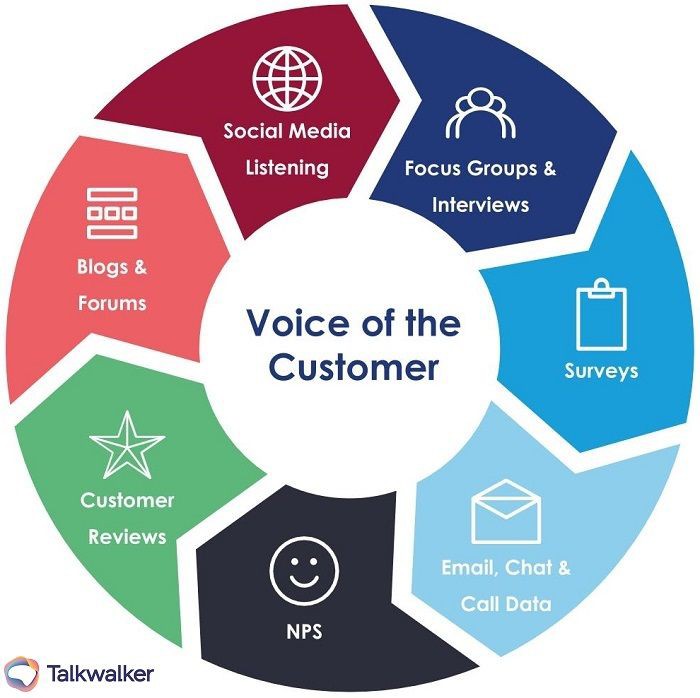“People will forget what you said, people will forget what you did, but people will never forget how you made them feel.” – Maya Angelou
These words by Maya Angelou resonate deeply when it comes to business, especially in today’s digital world. Customer experience is no longer a buzzword—it’s the foundation of a successful, thriving business. In a marketplace where competition is fierce, how you make your customers feel can be the deciding factor between failure and success. And in today’s world, a large portion of that experience comes from one key source: your website.
Why Customer Experience is the Heart of Business Success
When you think of customer experience, your mind might jump to things like customer service or in-store interactions. But in the digital age, the experience your website provides plays a massive role in shaping how customers perceive your brand. It’s the face of your business, often the first place customers interact with your products or services. And just like in real life, first impressions are everything.
Whether you’re selling products online, offering services, or simply providing information, the way your website serves your customers can make or break their experience with your brand. And remember, happy customers are loyal customers—ones who return time and time again.
The Role of a Website in Modern Customer Service
Why Websites Are the First Point of Contact
Think about it—where’s the first place most people go when they want to learn about a business? It’s your website. It’s like your digital storefront, where customers come to see who you are and what you can offer. It’s the hub of your business, and the experience you deliver here sets the tone for everything that follows. A cluttered, slow, or confusing website? That’s a fast way to lose customers before they even get to know your business.
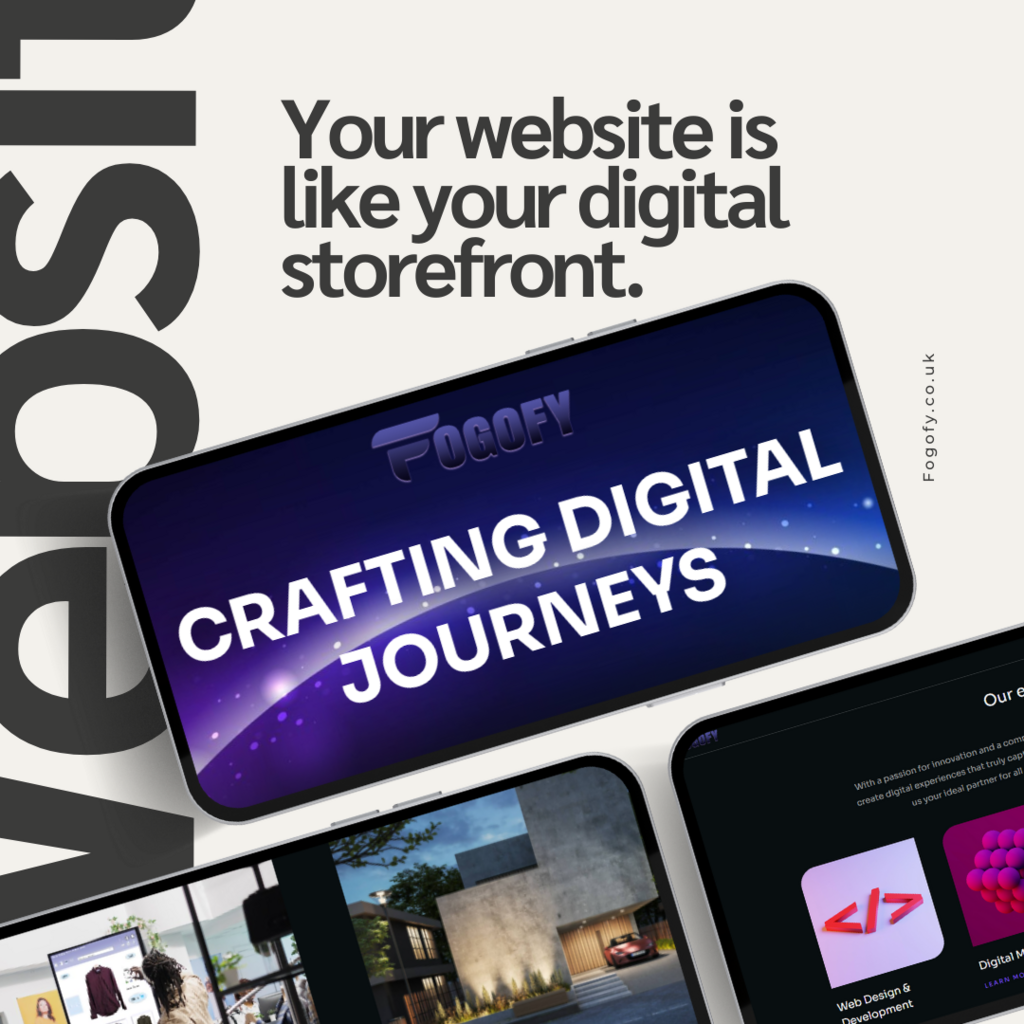
24/7 Availability: Serving Customers Anytime, Anywhere
One of the biggest advantages of having a website is that it works for you 24/7. Unlike a physical store that closes at a set time, your website is always available. This means your customers can reach you whenever they need to, whether it’s 2 p.m. or 2 a.m. No waiting for business hours. That level of convenience is a massive win for customer experience. They get what they want, when they want it.
Instant Communication: Chatbots and Live Support
Gone are the days when customers were willing to wait days for an email response. Now, instant communication is the expectation. That’s where features like live chat or chatbots come into play. These tools allow customers to get answers to their questions immediately, without having to jump through hoops. Whether it’s a chatbot guiding them through common queries or a live agent solving complex issues, this level of real-time support can dramatically improve customer satisfaction.
User-Centered Design: The Key to a Positive Customer Experience
Designing with the Customer in Mind
A great website isn’t just about pretty graphics or sleek visuals; it’s about usability. User-centered design means your website is created with the needs of your customers at the forefront. When your site is intuitive, it guides users effortlessly through their journey, helping them find exactly what they need without frustration.
The Importance of Intuitive Navigation
Navigation is one of the most critical elements of user experience. If your customers can’t find what they’re looking for, they’ll likely leave—and fast. Clear menus, well-placed links, and a logical flow ensure visitors can find information quickly and easily, creating a smooth and positive interaction.
Easy-to-Use Contact Forms
A well-designed contact form makes it easy for customers to reach out, ask questions, or request more information. It’s one of the simplest ways to connect with your audience, and it should be as seamless as possible—clear, concise, and requiring only essential details to avoid frustration.
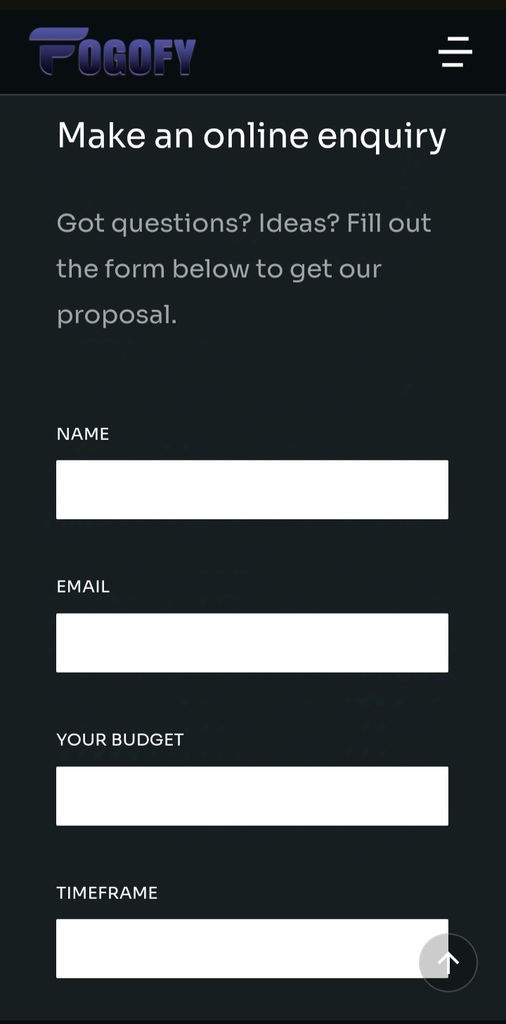
Speed Matters: How Fast Websites Improve User Experience
Speed is a silent contributor to customer experience. A slow website frustrates users and can cost you valuable business. According to research, nearly 50% of users expect a site to load in two seconds or less. If it takes longer, they’re more likely to leave and search for a competitor. A fast, responsive website keeps your visitors engaged and happy.
Personalization: Catering to Individual Customer Needs
How Personalization Enhances Engagement
Imagine walking into a store, and the salesperson greets you by name and offers personalized recommendations based on your previous purchases. That’s the kind of experience customers expect from your website too. With modern technology, personalizing your website experience has never been easier. You can show dynamic content based on user behavior, location, or preferences, creating a more relevant and engaging experience.
Dynamic Content and Product Recommendations
When customers see content that speaks directly to them—whether it’s personalized product recommendations, targeted offers, or location-based information—they’re more likely to engage with your brand. This level of personalization makes customers feel valued and understood, leading to greater trust and loyalty.
Accessibility and Inclusivity: Serving All Customers Equally
Why Accessibility is Crucial for a Great Experience
An inclusive website doesn’t just cater to the majority of users—it’s designed to be accessible to everyone, including people with disabilities. From screen reader compatibility to keyboard navigation, an accessible website ensures that every visitor can engage with your business. And beyond the ethical responsibility, accessibility is a legal requirement in many places, making it a key factor in providing a positive customer experience.
Key Features to Make Your Website Accessible to All
There are a few key features that can improve your website’s accessibility, such as:
Text alternatives for non-text content (like images)
Keyboard-friendly navigation
Consistent, readable fonts
Proper use of headings to structure content These small changes go a long way in making sure everyone can access and enjoy your website.
Building Trust Through Your Website
Transparency and Security: Building Confidence with Customers
A website that looks trustworthy and secure gives customers peace of mind. People need to feel confident that their data and privacy are protected, especially when they’re making purchases or sharing personal information. Trust signals like an SSL certificate, clear privacy policies, and visible customer reviews can go a long way in building trust with your audience.
SSL Certificates and Data Protection
SSL certificates aren’t just about security—they’re also about trust. When customers see that little padlock icon in their browser, they know their data is safe. And that’s critical, especially if your website involves transactions or sensitive information. Prioritizing security not only protects your customers but also enhances their overall experience.
Conclusion
Your website is more than just a digital asset—it’s a vital tool for serving your customers better. From providing 24/7 support to offering personalized experiences, a well-designed, accessible website improves customer satisfaction and builds lasting loyalty. By focusing on customer experience through intuitive design, fast loading times, and seamless communication, you’re setting the foundation for long-term business success.
FAQs
- How does website speed affect customer experience? Website speed plays a significant role in user satisfaction. A slow-loading website frustrates visitors and often leads to higher bounce rates. A fast website keeps users engaged and improves their overall experience.
- What are the benefits of using chatbots on my website? Chatbots provide instant responses to customer inquiries, improving the user experience by offering real-time support and reducing waiting times for answers.
- How can I make my website more accessible? To improve accessibility, focus on providing text alternatives for images, ensuring keyboard navigation, using readable fonts, and structuring content with proper headings.
- Why is personalization important for a website? Personalization creates a more engaging experience by tailoring content and recommendations to individual users based on their preferences, behavior, and location.
- What security features should my website have to build trust? Key security features include SSL certificates, data encryption, and clear privacy policies. These elements reassure customers that their data is safe when interacting with your website.
